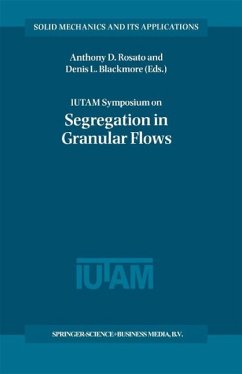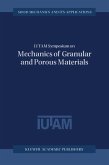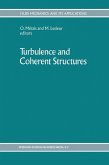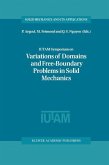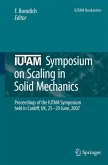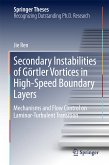Segregation is a pervasive phenomenon whereby a flowing granular mass consisting of particles with diverse physical properties becomes spatially inhomogeneous. In the industrial sector that deals with the handling and processing of bulk solids, this non-uniformity is highly undesirable since blend homogeneity is generally a stringent requirement of most products. In the arena of geophysical flows, segregation can enhance the destructive capabilities of natural events such as avalanches and landslides. During the last 15 years, these issues have provided motivation and fostered collaborations between the communities of mathematicians, engineers, industrial researchers, and physicists to develop predictive models of segregation by integrating the perspectives and approaches of each. The collection of unique papers brings to light many of the perplexing scientific and technical issues in our current understanding of this complex phenomenon. It addresses advances in experiment, computational modeling and theory. This volume is one of the very few books devoted entirely to problems of segregation of particulate solids.
Dieser Download kann aus rechtlichen Gründen nur mit Rechnungsadresse in A, B, BG, CY, CZ, D, DK, EW, E, FIN, F, GR, HR, H, IRL, I, LT, L, LR, M, NL, PL, P, R, S, SLO, SK ausgeliefert werden.

